Author Archives: Watson Ladd
Author Archives: Watson Ladd


A few weeks ago we introduced Cryptographic Attestation of Personhood to replace CAPTCHAs with USB security keys, and today we announced additional support for on-device biometric hardware. While doing that work, it occurred to us that hardware attestation, proving identity or other properties of a user with a piece of hardware, could have many wider applications beyond just CAPTCHA alternatives and user authentication via WebAuthn. Really, why should someone have to have an account to prove they exist, when their own trusted device can do so?
Attestation in the WebAuthn standard lets websites know that your security key is authentic. It was designed to have good privacy properties baked into policies that must be followed by device manufacturers. The information your security key sends to websites is indistinguishable from that of myriad other keys. Even so, we wanted to do better. If we’re taking attestation out of authentication, then we need to learn only that your security key is authentic — and we’ve designed a new Zero-Knowledge Proof for the browser to do that.
This is part of our work to improve privacy across the Internet. We’ve yet to put this proof of personhood in production, but you can see Continue reading
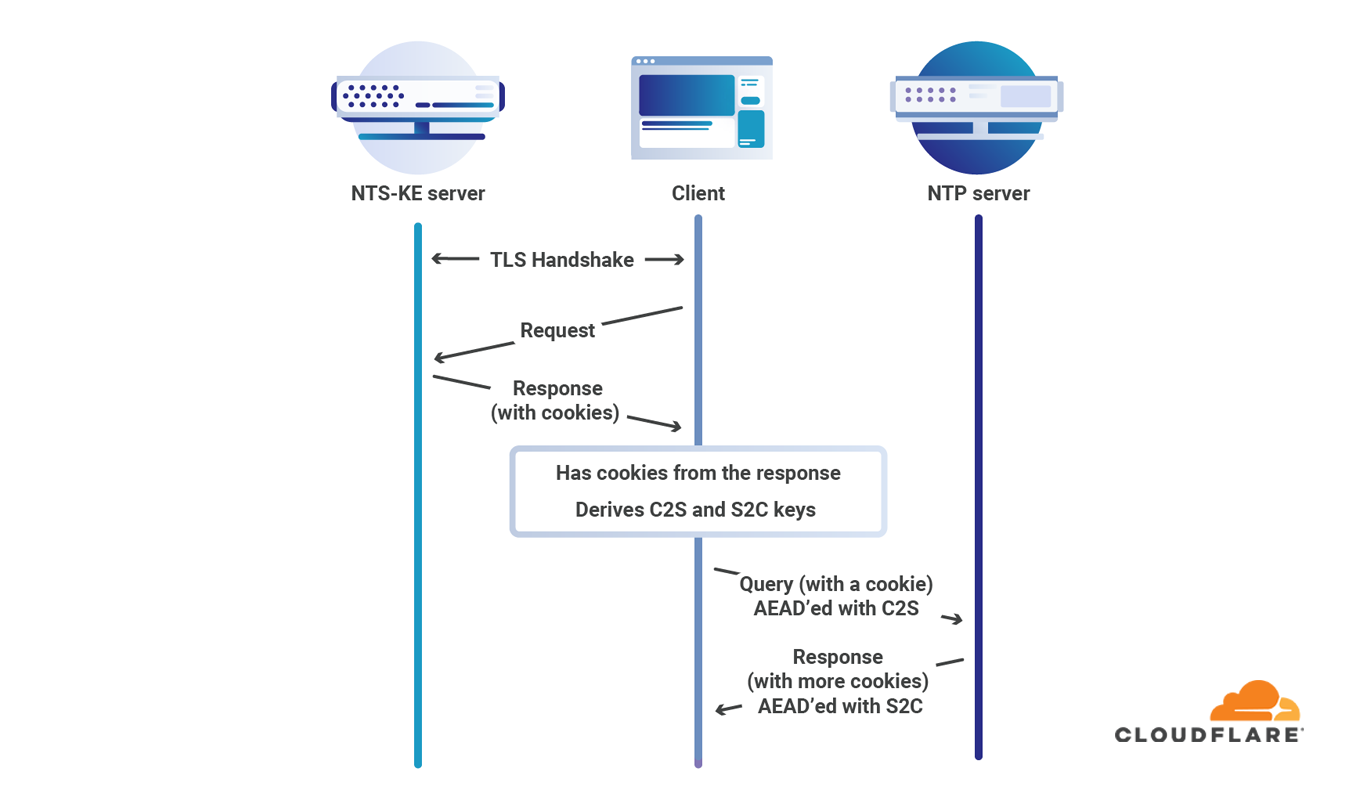
Earlier today the document describing Network Time Security for NTP officially became RFC 8915. This means that Network Time Security (NTS) is officially part of the collection of protocols that makes the Internet work. We’ve changed our time service to use the officially assigned port of 4460 for NTS key exchange, so you can use our service with ease. This is big progress towards securing a ubiquitous Internet protocol.
Over the past months we’ve seen many users of our time service, but very few using Network Time Security. This leaves computers vulnerable to attacks that imitate the server they use to obtain NTP. Part of the problem was the lack of available NTP daemons that supported NTS. That problem is now solved: chrony and ntpsec both support NTS.
Time underlies the security of many of the protocols such as TLS that we rely on to secure our online lives. Without accurate time, there is no way to determine whether or not credentials have expired. The absence of an easily deployed secure time protocol has been a problem for Internet security.
Without NTS or symmetric key authentication there is no guarantee that your computer is actually talking NTP with the computer Continue reading
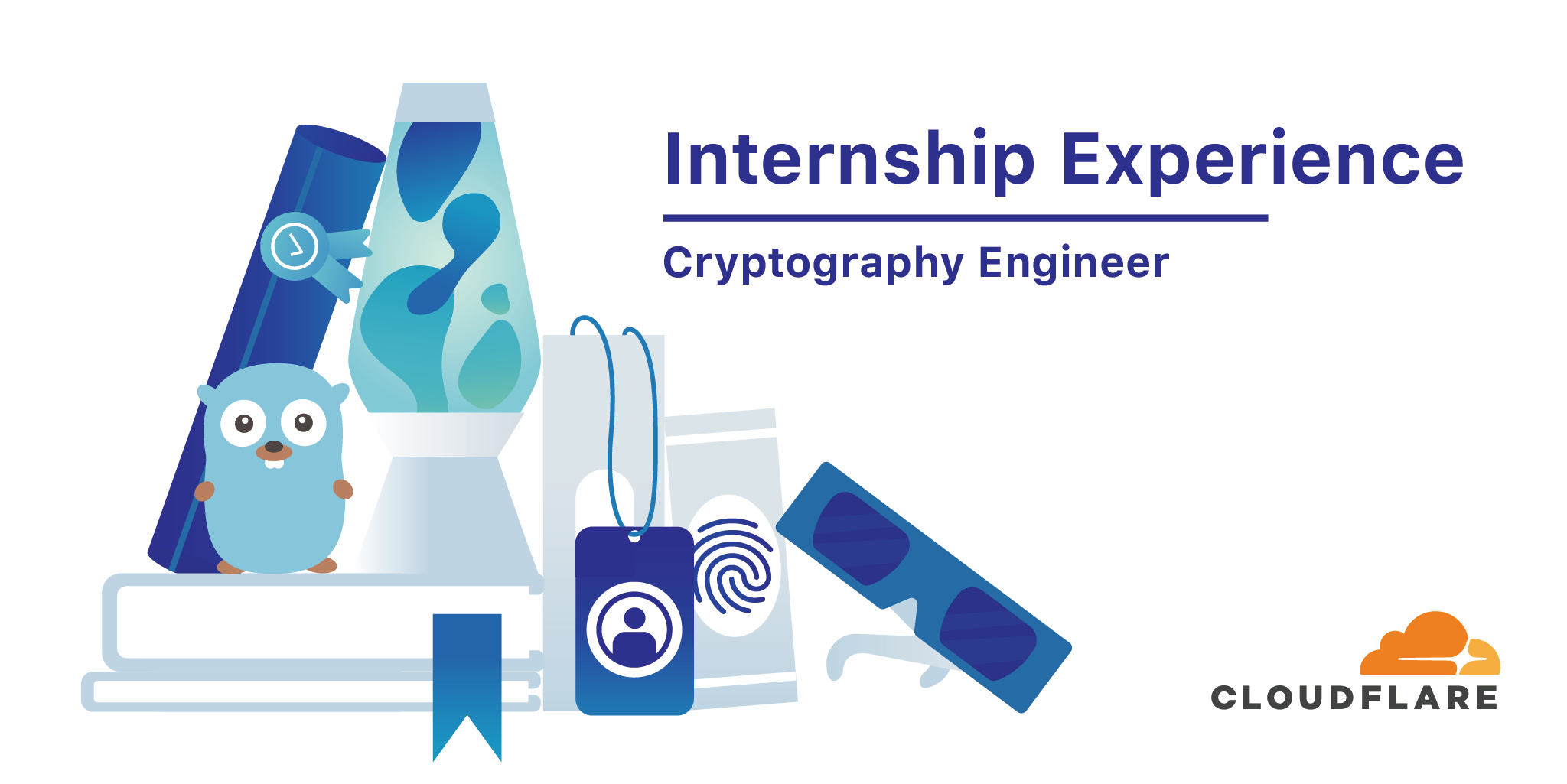
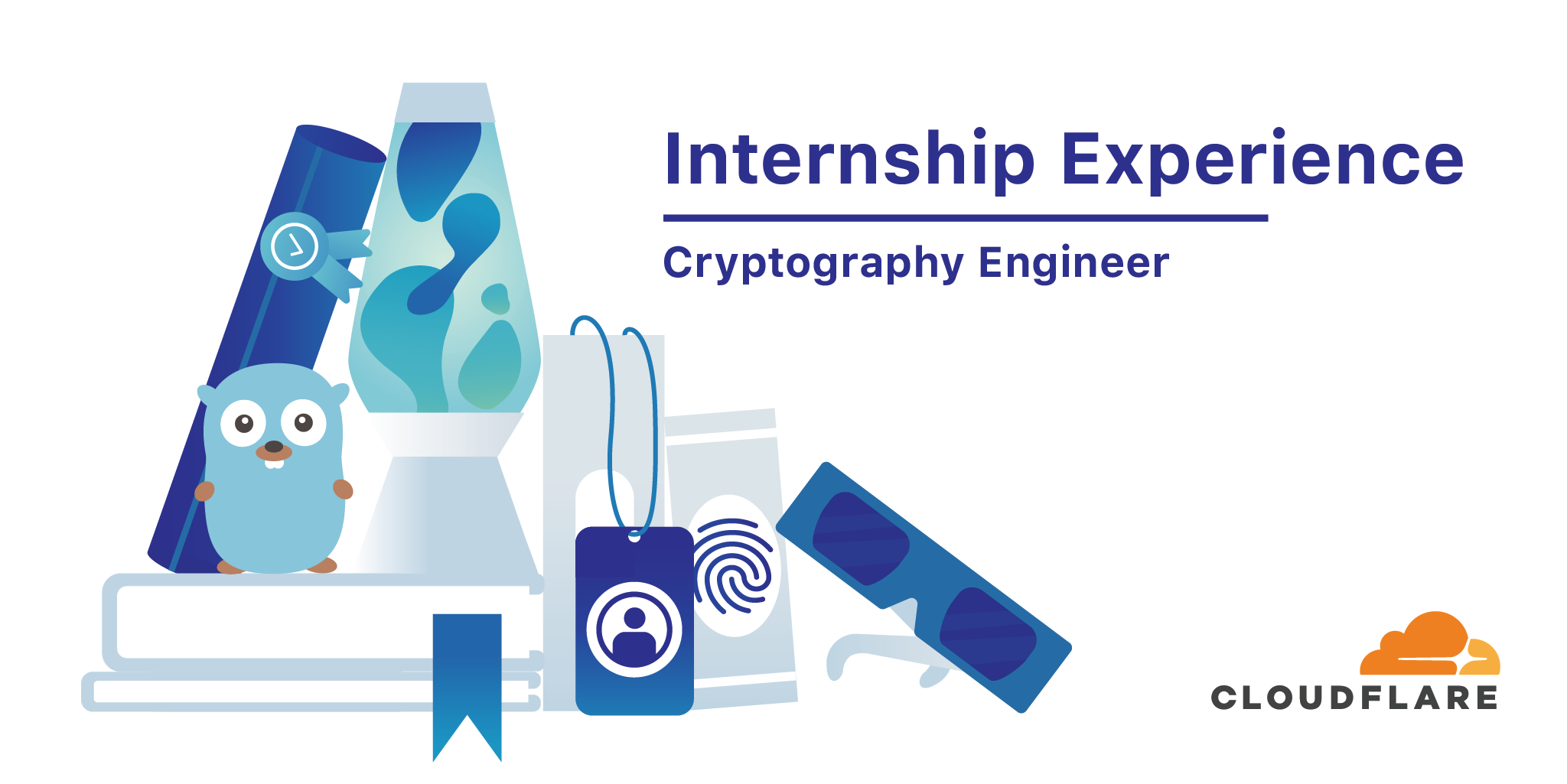
Back in the summer of 2017 I was an intern at Cloudflare. During the scholastic year I was a graduate student working on automorphic forms and computational Langlands at Berkeley: a part of number theory with deep connections to representation theory, aimed at uncovering some of the deepest facts about number fields. I had also gotten involved in Internet standardization and security research, but much more on the applied side.
While I had published papers in computer security and had coded for my dissertation, building and deploying new protocols to production systems was going to be new. Going from the academic environment of little day to day supervision to the industrial one of more direction; from greenfield code that would only ever be run by one person to large projects that had to be understandable by a team; from goals measured in years or even decades, to goals measured in days, weeks, or quarters; these transitions would present some challenges.
Cloudflare at that stage was a very different company from what it is now. Entire products and offices simply did not exist. Argo, now a mainstay of our offering for sophisticated companies, was slowly emerging. Access, which Continue reading
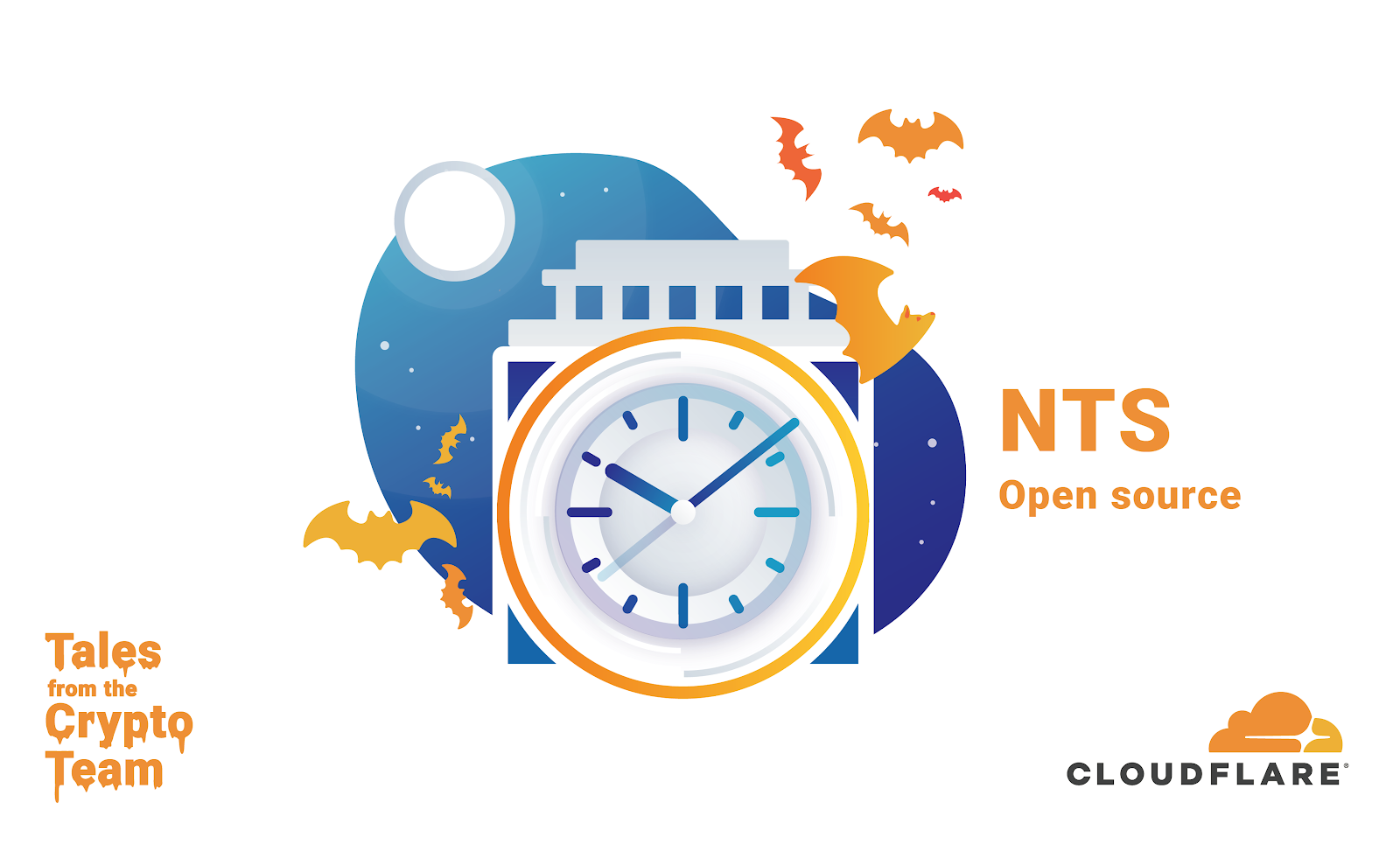
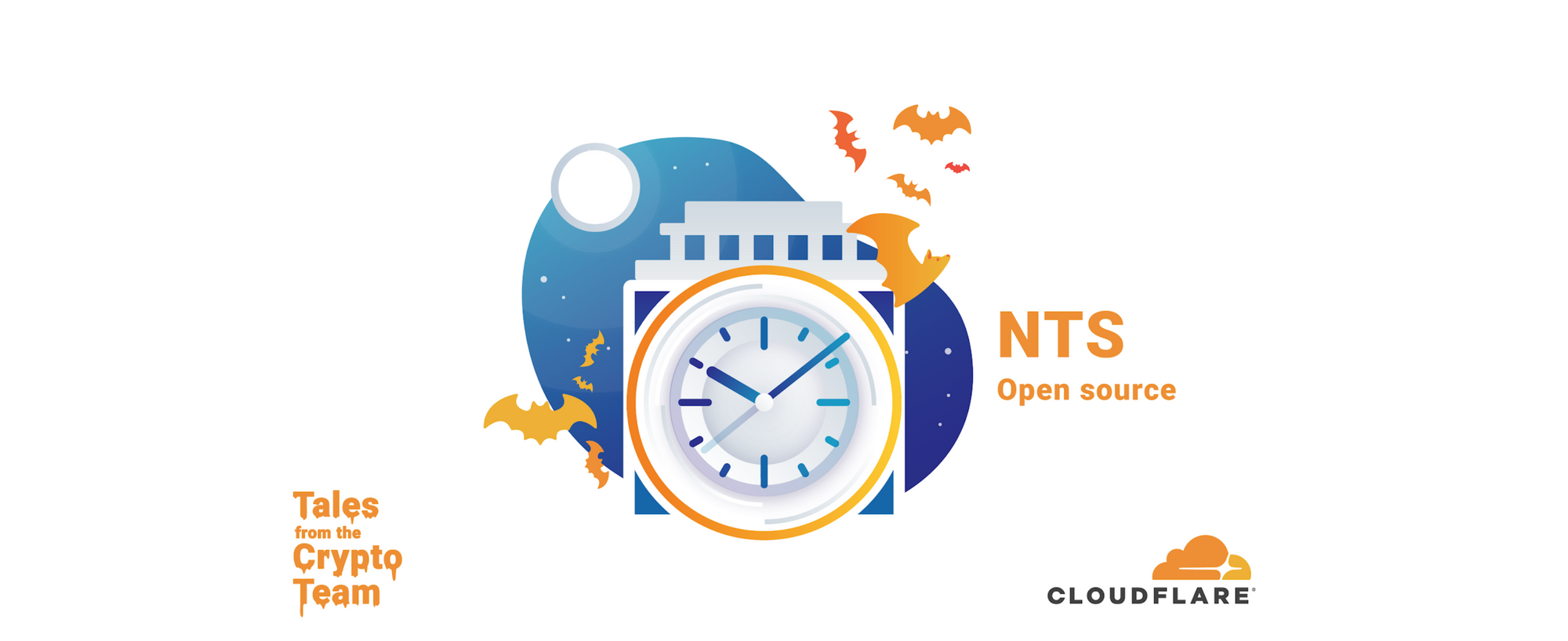
Several months ago we announced that we were providing a new public time service. Part of what we were providing was the first major deployment of the new Network Time Security (NTS) protocol, with a newly written implementation of NTS in Rust. In the process, we received helpful advice from the NTP community, especially from the NTPSec and Chrony projects. We’ve also participated in several interoperability events. Now we are returning something to the community: Our implementation, cfnts, is now open source and we welcome your pull requests and issues.
The journey from a blank source file to a working, deployed service was a lengthy one, and it involved many people across multiple teams.
"Correct time is a necessity for most security protocols in use on the Internet. Despite this, secure time transfer over the Internet has previously required complicated configuration on a case by case basis. With the introduction of NTS, secure time synchronization will finally be available for everyone. It is a small, but important, step towards increasing security in all systems that depend on accurate time. I am happy that Cloudflare are sharing their NTS implementation. A diversity of software with NTS support is important for quick Continue reading